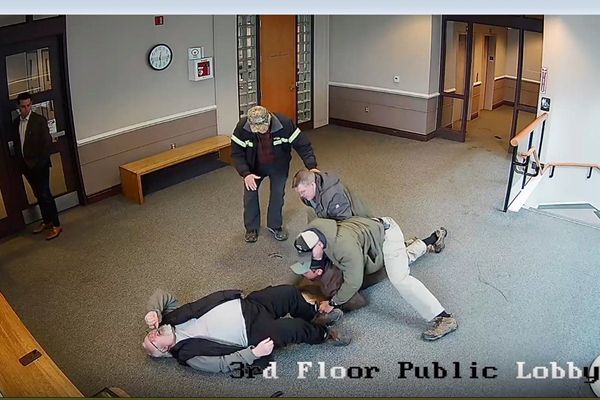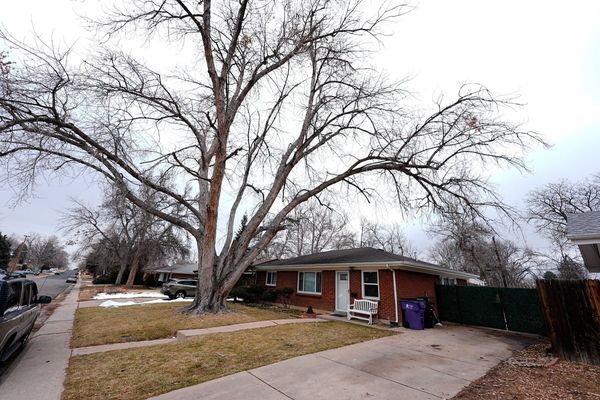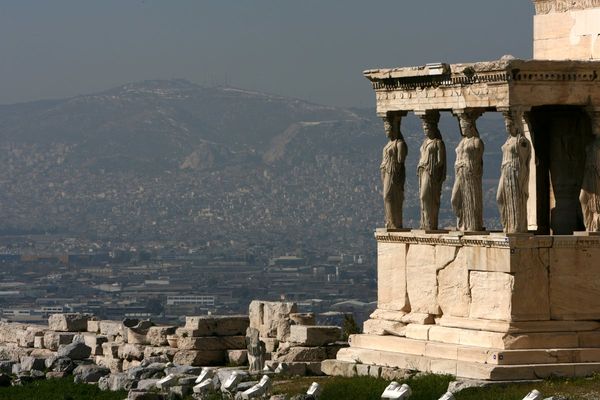An American aerial firefighter giving evidence at a coronial inquest into the deaths of his colleagues said he felt pressured by the NSW Rural Fire Service (RFS) to continue flying during the Black Summer bushfires.
Shawn Duggan had been fighting fires in Australia throughout the season and was piloting the only other plane in the air around the Snowy Mountains at the time of the crash on January 23, 2020, which killed aerial firefighters Ian McBeth, Paul Hudson and Rick De Morgan Junior.
He told the NSW Bushfires Coronial Inquiry that, while he was not pressured to take jobs by his employer Coulson Aviation if he did not feel comfortable, there was pressure regardless.
"The pressures came in from the RFS, we felt, about continuing to fly, day after day after day," Mr Duggan said.
"There was an element of normalisation flying day after day in deteriorating conditions or in extreme fire behaviour."
Mr Duggan had been tasked to drop retardant on the Adaminaby Complex fire on the morning of January 23, 2020, but after a short time over the fireground made the decision to leave the area due to deteriorating conditions.
Despite communicating this to the Richmond air base where he was to return, the information was not passed on to a C-130 Large Air Tanker, which crashed in the area half an hour later, killing everyone onboard.
Communication gaps highlighted
A number of witnesses at Tuesday's inquest, including an RFS aviation officer and multiple air base managers who were on duty that day, recognised there were gaps in the flow of information to pilots.
Mr Duggan told the inquest if he had known all other local aircraft were grounded due to the extreme conditions, he would not have responded to the dispatch.
He said that while he did not wish to speak on behalf of other pilots, he believed it was a critical error that neither he, nor Mr McBeth, were informed of the reasons other aircraft were not flying at the time.
"The fact we never heard there were other local assets that turned down the dispatch, it’s a critical error," Mr Duggan said.
"It’s a massive safety hazard that sticks out."
Duty aviation officer breaks down
RFS aviation officer Sam Crothers was the state duty aviation officer that day and broke down as he told the inquest there were communication gaps between the RFS and pilots.
"I play this over in my mind about how it could have been done better," he said.
"But I think to say, if we follow the proper procedures, as in a tasking request form was filled out coming from the incident controller through to the air desk, which would have provided all the information that was required, if that procedure was followed, it might have helped alleviate this accident."
Air base managers from Richmond who were on duty at the time and gave evidence on Tuesday agreed that communication could be improved.
The NSW coroner has the power to make recommendations on how to improve communications in future.







